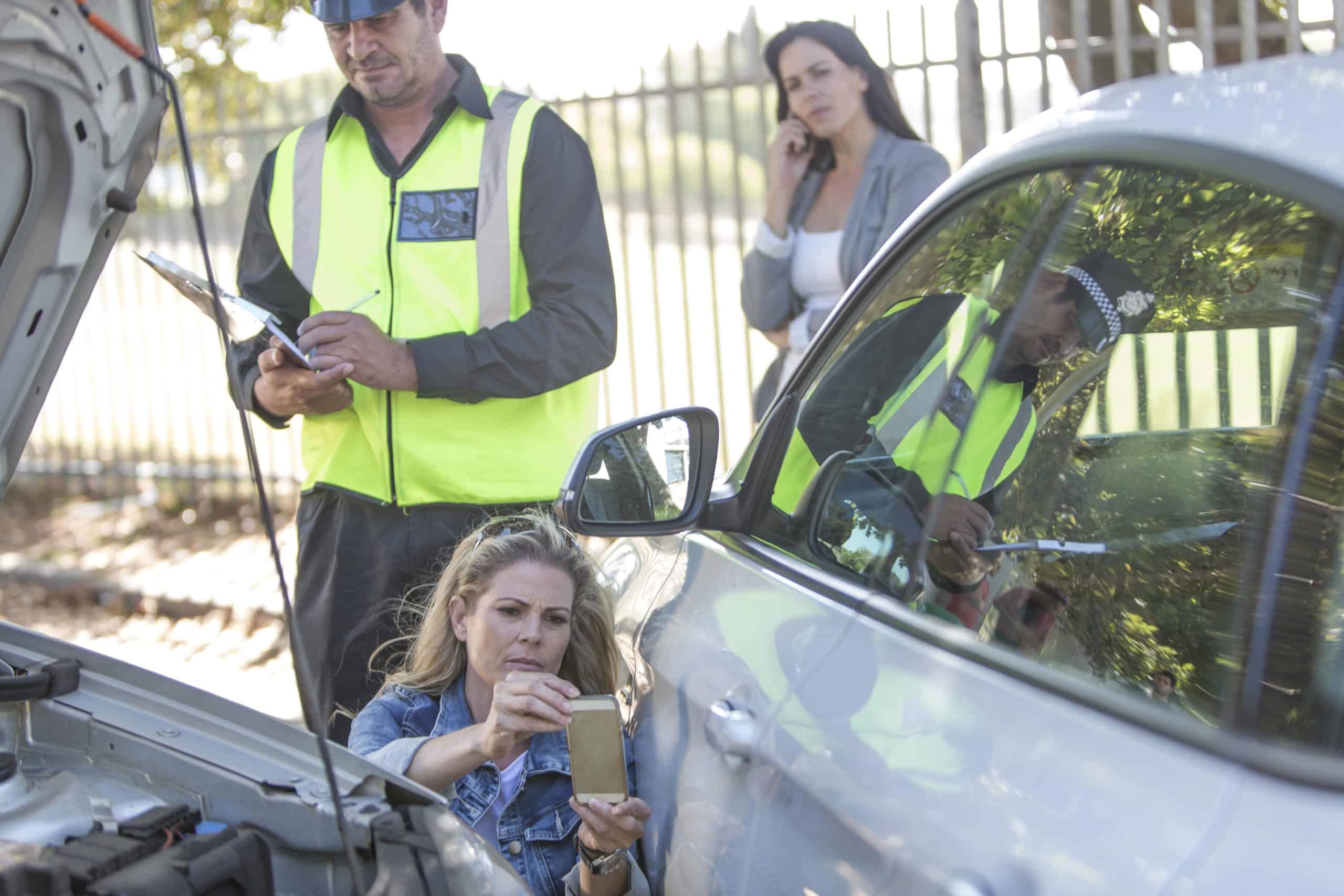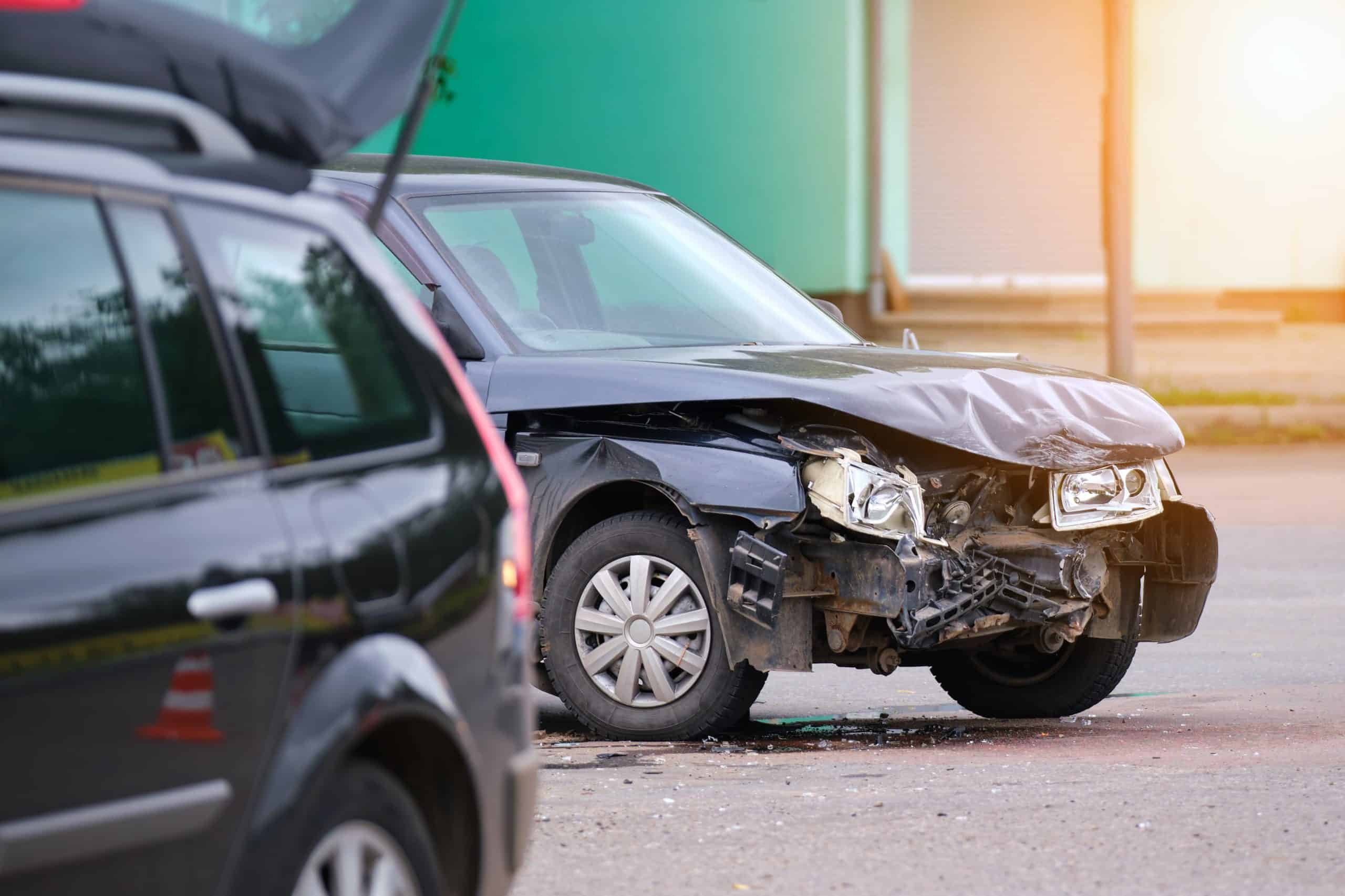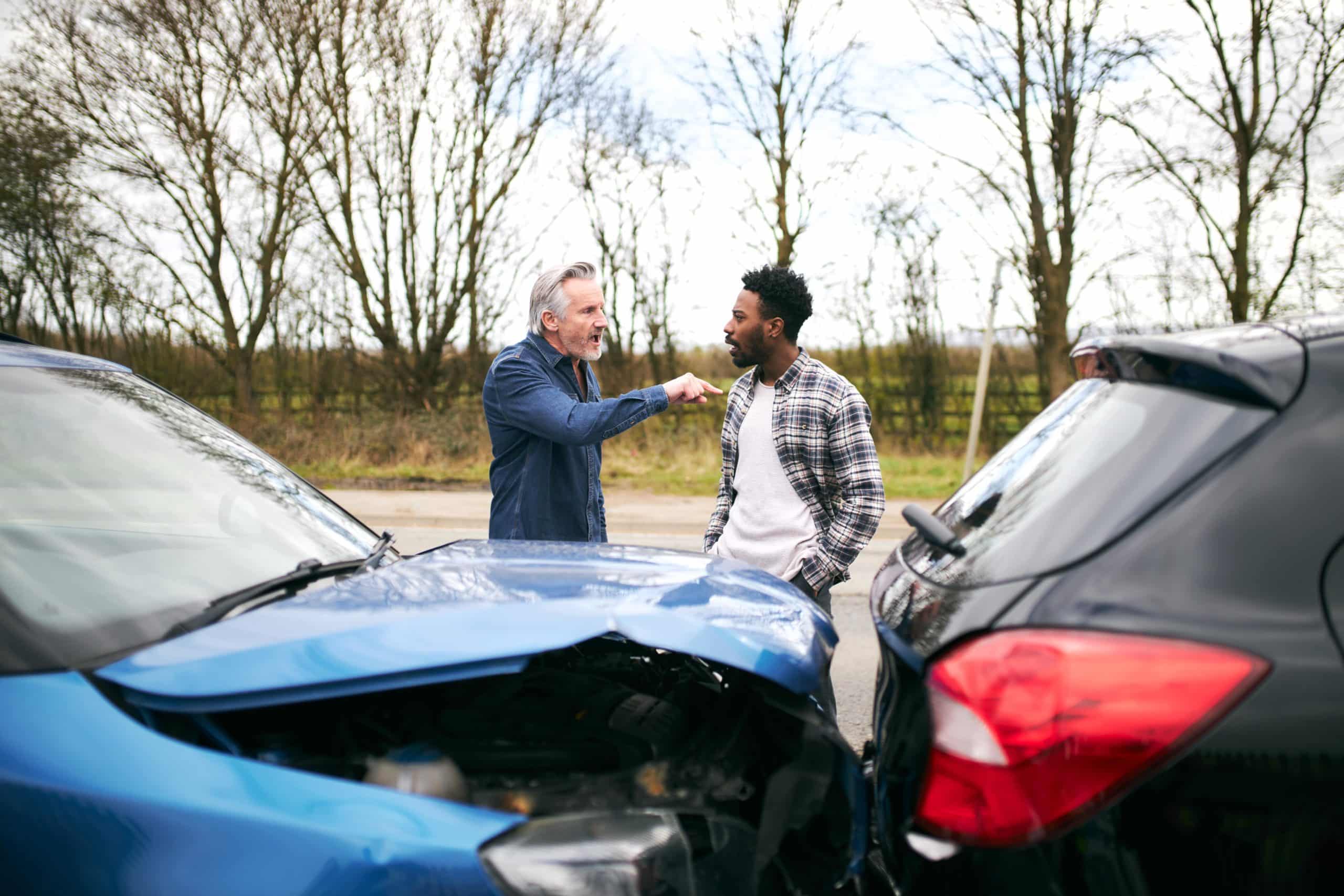One type of person is usually under the microscope after a car accident: drivers. Drivers are the ones whose hands are on the wheel and feet on the pedals before a crash. Drivers are the ones with control over the direction and speed of their cars and trucks. They are the ones who must pay attention to the road and their surroundings.
Of the nearly 4.8 million car seriously injured in crashes that occur each year in the United States, nearly all of them are due to the careless decisions of drivers.
These careless decisions could include choosing to speed through traffic or trying to beat a red light. Drinking and driving or driving with a fogged or shattered windshield are also negligent acts that can lead to car wrecks.
But drivers of cars are not the only ones who act carelessly or recklessly. Bicyclists, motorcyclists, and pedestrians too can do things that are not smart or prudent under the circumstances. And passengers in vehicles may behave in ways that put others in danger. Like drivers, they too may face the legal consequences of those choices.
Passengers in Cars Can Be Negligent, Too
Just like drivers and others who use the roadways, passengers can also behave recklessly. However, careless decisions by drivers are not always careless when a passenger does them. For example, consuming alcohol before getting into a vehicle is almost always reckless for a driver, but it is not necessarily reckless for a passenger.
These are some ways that a passenger might act carelessly or dangerously:
- Distracting the driver with conversation or music
- Bringing alcohol or drugs into the car and sharing these with the driver
- Starting a fight or hitting the driver while the car is in motion
- Grabbing the steering wheel and taking control of the car while it is in motion
If a reasonable person in the place of the passenger would have behaved differently, then how the passenger acted might be considered negligent.
Elements of a Successful Car Accident Lawsuit
When you have been hurt after a car accident, obtaining compensation for your injuries depends on being able to prove four elements. The court will only order someone to pay compensation to you if every one of these four elements is proven in your case:
A Duty of Care Exists Between You and the Other Person

The first element you must prove as part of your case is that the person from whom you seek compensation owed you a legal duty of care. The duty of care simply says that each individual owes every other person a legal obligation to act reasonably and carefully.
This duty exists among all individuals. Even people who do not know each other and are not related still must avoid unreasonably endangering or hurting others.
This applies in the car. All occupants of a car, including the driver and passengers, have a legal duty not to hurt or endanger others either inside or outside the car.
The Other Person Violated the Duty of Care
Once you establish that the other party owed you a duty of care, the next element that must be shown is that the other person violated that duty. Because the duty requires people to act reasonably and carefully, people violate the duty when they do not act this way.
This element, then, requires you to show that the other party acted in a way that was unreasonable and negligent. If a reasonable person would have acted differently under the same circumstances, then the person behaved carelessly.
Causation Between Your Injuries and the Negligent Conduct
The third element is the most challenging to prove. You must establish that the other person’s negligent behavior is what caused or contributed to your injuries. If your injuries would not have occurred if the other person was not negligent, then causation exists and your claim can proceed.
Showing causation between a driver’s actions and your injuries may not be too difficult. Since drivers are in control of their vehicles, a driver’s actions could lead to a crash that causes you harm. In some car crash lawsuits, proving that the driver was negligent is a greater problem than showing causation.
Proving others’ actions contributed to the crash can be more challenging. Even when a passenger acts carelessly or recklessly, it is difficult to prove that the passenger is responsible for a wreck. After all, the passenger is not the one who is in command of the vehicle and should not have control of the car’s steering wheel, brakes, or gas pedal.
You Suffered Some Injury or Loss as a Result
Finally, you must prove that you suffered some compensable harm. This could include medical bills or time missed from work. It might also include emotional trauma, the loss of enjoyment of your life, or other non-economic harm.
Receiving full compensation for your car accident case is central to your recovery and ability to move forward. This is where an attorney can be especially helpful to you. A car accident lawyer can help you identify and document all of the ways you have been harmed in a wreck. Your lawyer can then help you seek compensation for those losses.
Why Holding Passengers Accountable for Negligence Is Hard
Passengers can commit careless or reckless acts when traveling with a driver. But this does not mean that these passengers can always be held responsible for injuries you suffer in a crash. It is quite rare to successfully hold a passenger responsible for injuries after a car wreck.
Passengers are rarely held accountable in car accidents because passengers do not generally have actual control of the vehicle. The driver does, and it is the driver’s actions that determine how fast the car travels, whether the car stops, and how the car moves on the road.
Not only does the driver control the car, but they also control the passengers. Noisy passengers can be told to keep quiet. Bothersome passengers can be told to behave. Unruly passengers can be kept from riding in the car. And at the very least, the driver may simply refuse to keep driving.
Because most passenger negligence will prompt some reaction from the driver, it is the driver’s reaction to the passenger that most often leads to a crash. A driver who chooses to turn their head away from the road to address a noisy passenger makes a careless decision. That is the act that leads to a car crash, not the passenger’s noise.
Similarly, a driver who ignores a distracting passenger but permits the passenger to continue with their behavior makes a decision. If that decision is a negligent one, then that inaction will likely be what ultimately led the driver to crash.
Situations Where Passengers May Be Liable for Damages

This is not to say that passengers are protected against all civil liability. There are a few limited circumstances where passengers may be liable for paying damages after a car crash:
The Passenger Takes Control of the Vehicle
A passenger who attempts to take control of the car by grabbing the steering wheel may be responsible for damage from any resulting car crash. By taking control of the vehicle, the passenger has become like a driver of the car. And like a driver, the passenger could be held responsible in whole or in part if their attempts to control the car result in a crash.
The Passenger Incapacitates the Driver of the Vehicle
A passenger who renders the driver unable to safely drive may also be held responsible for damages from any wreck that follows. Passengers who hit the driver and knock the driver unconscious, for example, may be held liable if the car subsequently crashes and causes injuries to you or your loved one.
A thornier question arises in cases where the passenger offers alcoholic drinks or drugs to the driver. In these situations, it is still the driver’s voluntary choice to consume the drink or intoxicating substance.
Thus, even though the passenger may have played a role in rendering the driver unfit to drive, the driver is still the one who will be held responsible for the damages from any crash.
However, if the passenger causes a driver to consume the impairing substance without knowing it, the passenger may be responsible for causing an accident. This means that a passenger who spikes a driver’s drink may be liable for damages suffered by you or your loved ones in a resulting crash.
Seek Legal Help in Holding Passengers Accountable
You may have legal options if you were driving and your passenger’s actions led to a crash. And if another driver hit you due to the negligent actions of a passenger, all responsible parties should be held accountable.
A lawyer who can thoroughly investigate the circumstances of your crash can advise whether and how any passengers might be held liable for damages. Because of the difficulties associated with recovering compensation from a vehicle’s passenger, it is best to enlist the help of an experienced car accident lawyer.
Contact The Joel Bieber Firm for a complimentary consultation today.
Interesting Reads:
How to find a personal injury attorney

